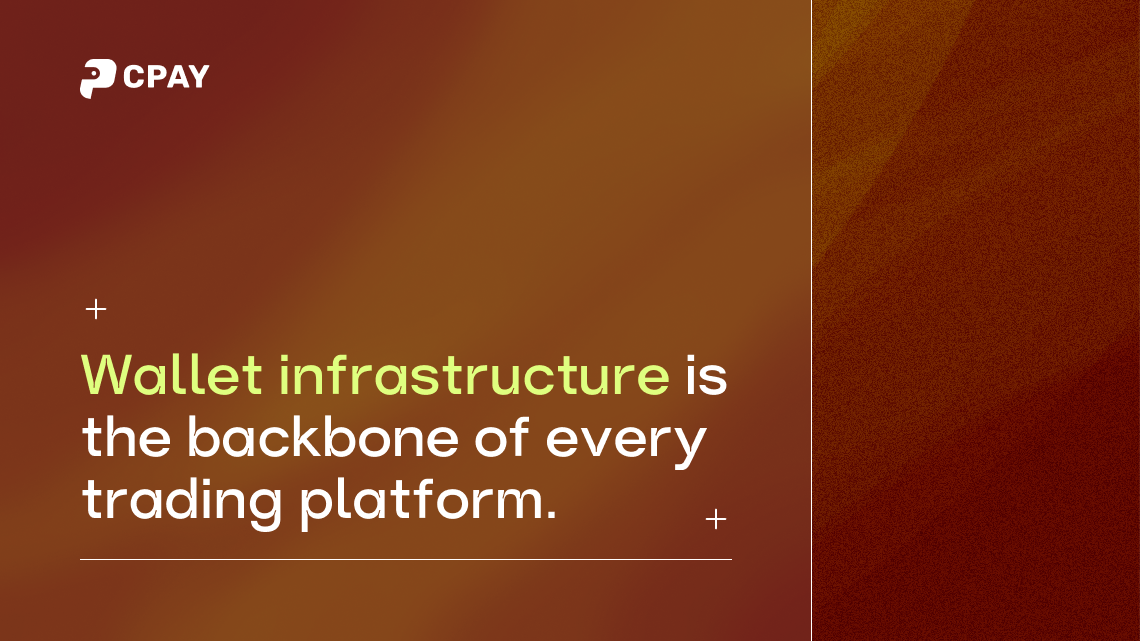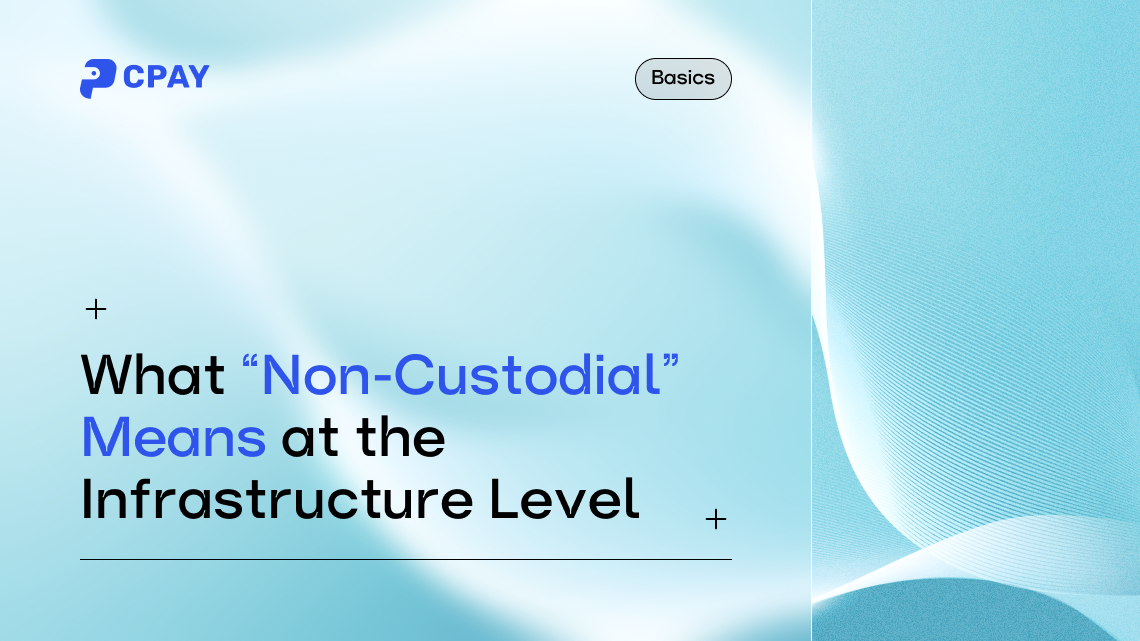What is an MPC Wallet?
Multi-Party Computation (MPC) is a cryptographic protocol that allows multiple parties to collaboratively compute a function without revealing their individual inputs. In the realm of cryptocurrency, MPC is used alongside public-key cryptography to collectively sign transactions. Instead of relying on a single private key, MPC splits this key into multiple shares distributed among different parties, ensuring that the complete private key is never exposed. This significantly enhances security by eliminating single points of failure.
An MPC wallet leverages this technology to provide a more secure technology for managing cryptocurrencies and digital assets. By dividing a wallet's private key among multiple parties, MPC wallets increase privacy and reduce risks associated with hacking, breaches, and losses. Unlike traditional wallets that depend on a single private key, MPC wallets use advanced cryptographic techniques to ensure the private key is never fully exposed or stored in one location.
The Importance of MPC Wallets
MPC wallets offer several significant advantages over traditional options.
Enhanced Security
MPC wallets are inherently more secure because the private key is never stored or exposed in a single location. During transaction signing, each key shard is computed separately, ensuring the full private key is never assembled. This makes it extremely difficult for hackers to compromise the wallet, as they would need to access and decrypt every individual key shard. Consequently, MPC wallets are highly resilient against various cyberattacks, such as phishing or malware, as there is no single point of vulnerability.
Improved Privacy
While MultiSig wallets use on-chain signatures that can expose approving entities to hackers, MPC wallets enhance privacy by conducting the signing process off-chain. The on-chain signature appears identical to any other wallet, making it indistinguishable as an MPC-enabled transaction. This off-chain signing process adds an extra layer of security and privacy, protecting the identities and actions of the involved parties.
Operational Efficiency
MPC wallets offer greater ease of use, particularly for institutions managing large sums of digital assets under strict compliance requirements. They are faster and more agile than cold wallets, where transaction signing must occur offline before being broadcast on the blockchain. Before the advent of MPC technology, the inefficiencies of cold wallets forced many custodians to use more vulnerable hot wallets for daily operations.
With MPC wallets, key shards can be stored online since stealing a single shard provides no benefit to hackers. This makes MPC wallets more efficient, enabling faster capital deployment with comparable security to cold wallets. Additionally, changing keyholders is simpler with MPC wallets than with immutable MultiSig wallets. Parties can generate new encrypted key shares based on the same underlying key without moving funds out of the wallet.
How CPAY Wallet's MPC Works
CPAY integrates MPC technology to enhance wallet security and functionality:
- Partial Seed-Phrase Distribution: CPAY allows users to download a part of their seed-phrase as a text file, which is then deleted from CPAY servers.
- Manual Signing of Transactions: When users opt to manage part of their private key, they enable the manual signing transaction mode. Each time a transaction is signed, the private key fragment must be uploaded to CPAY
- Temporary Storage: In manual signing mode, CPAY temporarily stores part of the seed-phrase deleting it after processing the transaction.
- Customizable Wallets: Each merchant wallet has private keys and an MPC option. Merchants can create client wallets with MPC capabilities, providing enhanced security for both their assets and those of their clients
Conclusion
MPC wallets represent a significant advancement in the security and management of digital assets. By utilizing cryptographic protocols that prevent the exposure of private keys, MPC wallets offer unparalleled security, privacy, and operational efficiency. CPAY's integration of MPC technology ensures that users can manage their digital assets securely and efficiently, reducing the risk of cyber threats and improving overall asset management.
For more information on how CPAY's MPC wallets can benefit your digital asset management, explore our technical documentation.








